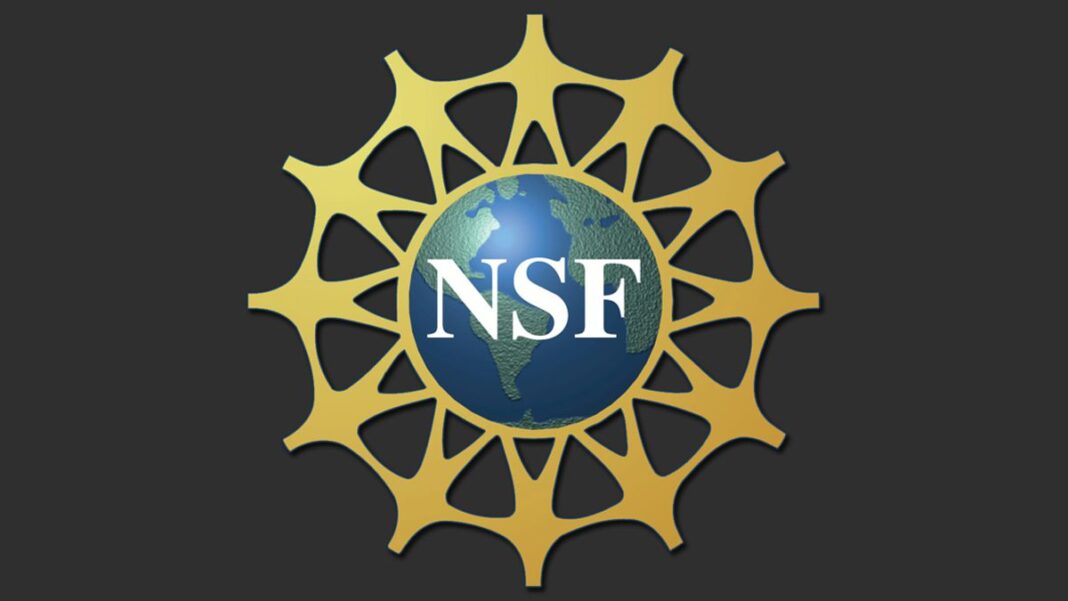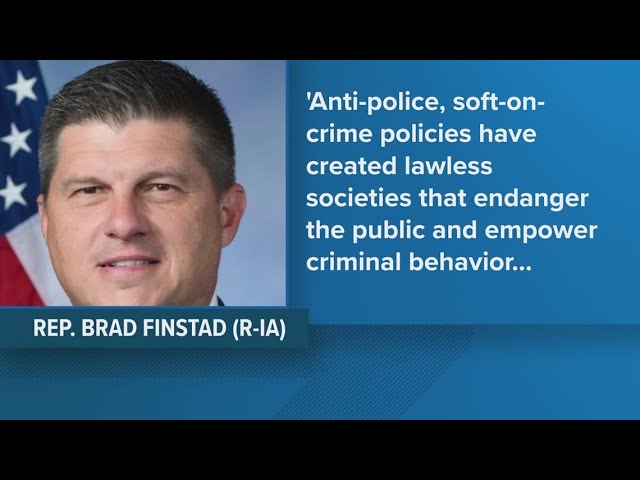A pilot project announced by the U.S. National Science Foundation (NSF) seeks to track the sexual orientation and gender identity of research doctorate recipients—a move raising concerns about the potential invasion of privacy and enforcement of LGBT quotas.
The Survey of Earned Doctorates (SED), conducted annually by the NSF, aims to collect personal and demographic data of individuals who have earned research doctorates from an accredited U.S. institution in the past year. The survey already collects data related to sex. However, the NSF’s new pilot project, announced in May, seeks to collect information regarding sexual orientation and gender identity as well. The “gender identity question experiment plan” (pdf) asks, “What sex were you assigned at birth on your original birth certificate,” providing two options—male or female.
It then asks about the degree recipients’ gender identity—whether they describe themselves as male, female, transgender, or by a different term. Another question asks whether they see themselves as a man, woman, transgender, non-binary, gender non-conforming, genderfluid, or genderqueer.
In the sexual orientation category, the recipients are asked if they’re straight or heterosexual, gay, lesbian, bisexual, queer, or have another orientation.
In a May 29 Wall Street Journal op-ed, theoretical physicist Lawrence Krauss criticized the NSF’s decision to survey people’s gender and sexual orientation. “Asking about sexual preferences is a violation of privacy,” he wrote. “Such personal matters are irrelevant to science and essentially invisible.”
Krauss raised concerns about whether the sexual and gender identity surveys will be used to determine which groups are underrepresented in STEM fields and eventually require diversity, equity, and inclusion (DEI) offices to set aside quotas for people identifying with such categories. STEM is an acronym for science, technology, engineering, and math.
He argued that if the NSF is going to ask about gender and sex identities, it should also consider asking about other private issues like religion or politics that would yield skewed results.
“Atheists and Jews are surely overrepresented among scientists; conservatives and evangelical Christians [are] underrepresented. I wonder what the DEI officers would make of that,” Krauss noted.
“By pandering to the loudest new minorities so that DEI bureaucrats can expand their definitions of inclusion, the NSF is erecting yet another barrier to scientific collegiality and integrity.”









